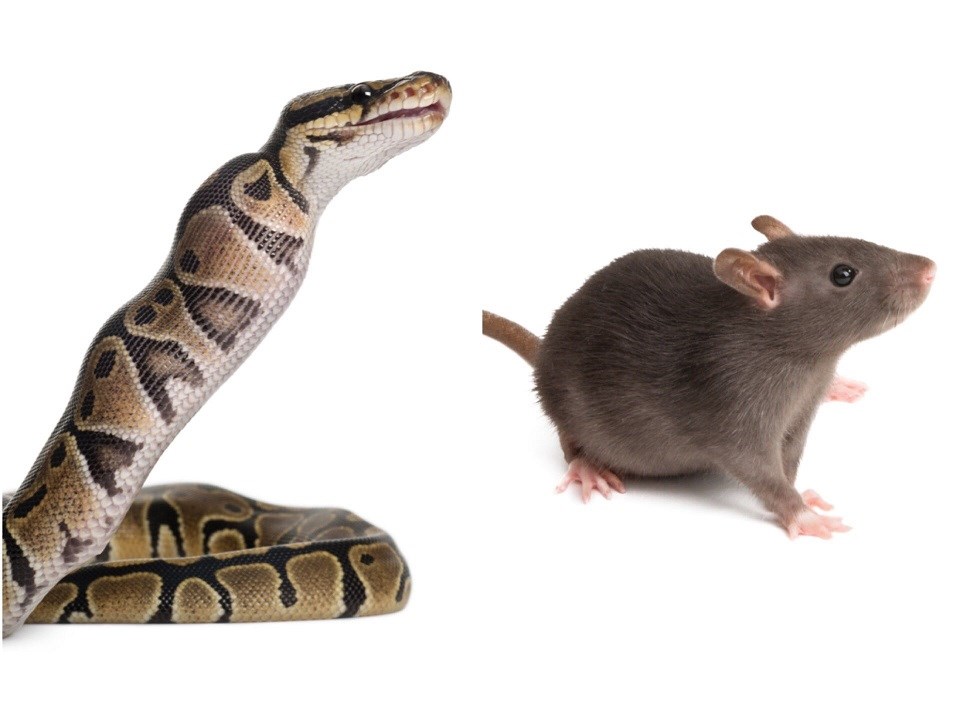If you’re encountered a snake or a rodent in B.C. in the past two years, you may want to get checked by your doctor.
Canada’s Public Health Agency has called a notice of an outbreak of salmonella infections linked to both sets of critters with 92 confirmed cases across the country as of today (Dec. 10), including four in the province.
This comes after six Canadians were hospitalized after getting sick between April 2017 and October 2019, but fortunately, no deaths have been reported.
The age ranges of hospitalized individuals were from birth to 88 years old and more than half of the cases were reported with women, but the national agency believes more sick Canadians are out there given the two-and-a-half-year span.
“It is possible that more recent illnesses may be reported in the outbreak because there is a period of time between when a person becomes ill and when the illness is reported to public health officials. For this outbreak, the illness reporting period is between four and five weeks,” reads a statement.
It goes on to say there have been outbreaks of Salmonella Typhimurium illnesses in Canada before linking to snakes and rodents, primarily among those who own the animals, averaging about 750 reported cases annually.
Children aged five years and under are most at-risk in addition to older adults, pregnant women and those with weaker immune systems.
“Most people who experience salmonella infection symptoms will recover fully after [four to seven] days,” the agency adds.
“It is possible for some people to be infected with the bacteria and to not get sick or show any symptoms, but to still be able to spread the infection to others.”
Symptoms from salmonella infection include fever, chills, diarrhea, abdominal cramps, headache, nausea and vomiting.
The Public Health Agency of Canada recommends the following steps to reduce the risk of becoming ill from contact with reptiles, rodents and their environments.
- Always wash your hands immediately...
- After touching a reptile or rodent
- Anything they eat
- Being in the area where they live, play or touch
- Regularly clean any surfaces or objects your reptile or rodent touches with soapy water followed by a household sanitizer
- Never kiss a pet rodent or reptile
- Do not keep reptiles or rodents in homes, daycare centres, schools or other facilities with children aged five years and under
- Always supervise children when they touch or play with reptiles or rodents
- Do not let them put reptiles and rodents or their supplies near their face or share their food or drinks with pets
- Make sure they thoroughly wash their hands after touching reptiles or rodents
- Do not clean or bathe reptiles and rodents in the kitchen sink or in bathroom sinks or bathtubs
- Do not keep food used for reptiles or rodents in the kitchen or any room where people eat or drink
- Keep reptiles and rodents and all their food, containers and toys away from the kitchen and other places where food is made or eaten
- Do not keep frozen rodents in the same fridge or freezer as human food
- Freezing rodents does not kill Salmonella
- Always defrost and prepare frozen rodents outside the kitchen, using dedicated utensils and containers
- Be aware of the specific needs of your reptile
- Stress for a reptile can increase shedding of Salmonella
- Always keep reptiles and live rodents in habitats specifically designed for them
- If you choose to have a reptile or rodent in your home, talk to your health care provider or veterinarian about the right reptile or rodent for your family, especially if your family includes children, pregnant women, immunocompromised individuals, or adults 65 years of age and over



